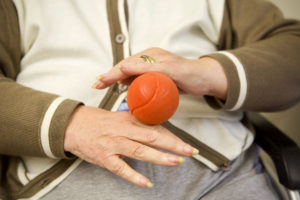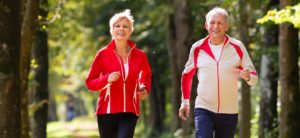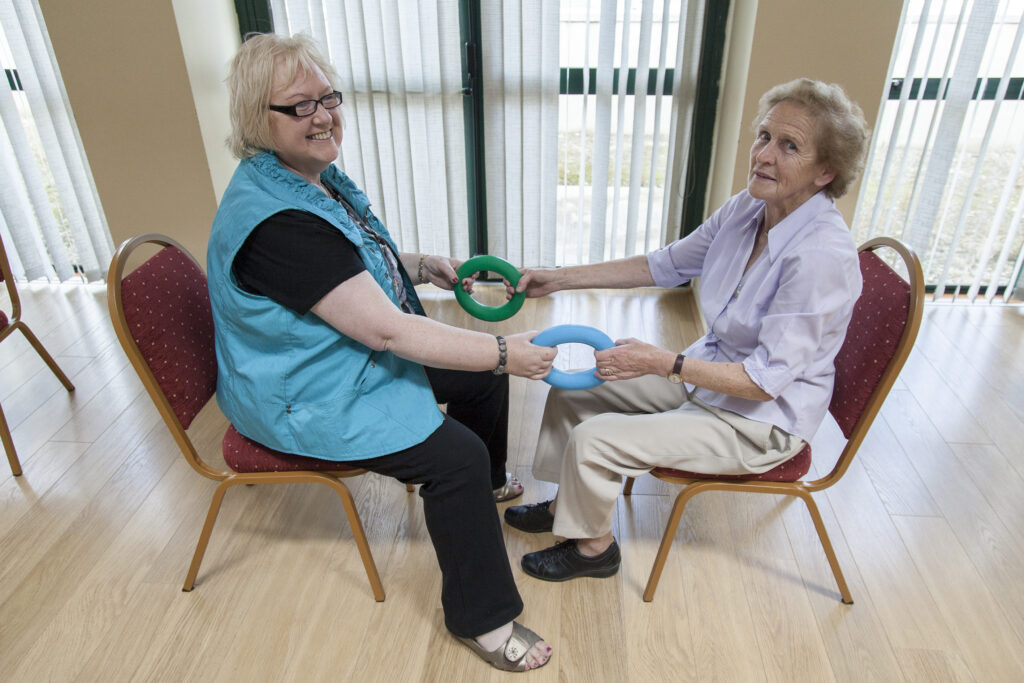Taking the Next Step After Retirement?
This week, Siel Bleu will be carrying out a 5-day long campaign called “Fuel for Fitness”. The aim of this campaign is to spread awareness on the importance of exercising and eating well to improve the care for the older person across all ages. Today, we will be talking about the general issues faced by older adults, why exercise is vital and the kind of diet that is preferable. Please note that this blog post is written based on a healthy older adult. Please seek your doctor’s advice before carrying out any exercise or changes in diet.
HOW DOES EXERCISING BENEFIT ME?
Retirement bring with it some fantastic benefits! No more need to wake up very early, no more rushing for the bus and more time to spend with family and friends or go on holiday! However, it can come to some downsides. You may stay at home and your lifestyle becomes sedentary by the day, and then one day you catch yourself becoming a couch potato, fatigued all the time and maybe even lonely. But there is a simple remedy to help; it doesn’t cost that much to do and can be fun and interactive. That’s right, it’s exercise!
You may have been working in an office your entire career. It may be sedentary but to get to work and to prepare the kids for school, climbing up and down the stairs to meet a deadline, these are all form of exercise one way or the other. But when you step into retirement, you thought it would be great to take a little rest from all the hustle in life you have led before this.
It is important for older adults to realise that once they have stepped into retirement, it is just as important if not more important to focus on physical activity than before.

Many amongst the older populations believe that they should not perform strenuous exercises as it may hurt them when actually it is important to exercise to avoid being hurt. Now, we’re not talking going out and doing 100kg squats but exercising will continue to keep muscles working and protect joints. It will reduce the likelihood of contracting diseases such as heart disease, osteoporosis or even a simple fall.
- It goes without saying that exercise helps to maintain our body weight. But how else does it benefit us? Every organ has muscle. Which means that your heart does. When you exercise, you are allowing the muscle to contract and relax which allows more blood to be pump out and more oxygen will be delivered around your body. This will prevent the heart muscle from weakening and at the same time prevent you from feeling fatigued. It is best to engage with aerobic exercise to improve heart strength such as dancing, hiking and even walking accompanied by playing games such as tennis or badminton which puts your agility to test.
- Exercising as a whole will help to pump more oxygenated blood to the brain and remove the de-oxygenated blood; this process helps to refresh your brain and can make you more aware of your surroundings.
- Apart from the organs, you are also improving your mental well-being. Exercising promotes the production of endorphins, which will keep depression and anxiety at bay as you age. It can also improve your confidence in your ability to get out and about, which can reduce loneliness if you are able to interact with people. Group setting exercise has also proven to reduce loneliness and social isolation.

Adapt the exercise intensity to your own capability. We highly recommend contacting your GP prior to taking up any physical activity. The typical guidelines for older adults say that exercises should –
- Target the major muscle groups: Chest, Back (arm and shoulder), Abs, Legs and Buttocks. Perform core exercise at least two or more non-consecutive days per week.
- Stretching exercises are also vital to ensure continuous flexibility. PPerform stretching exercise at least two or more non-consecutive days per week.
- You can do aerobic exercise such as walking, running and swimming at your own leisure. It would be great if one can make it a habit to carry out aerobic exercise one a day for 30 minutes.
- Lastly, balance exercise. This exercise is important for fall prevention. The common ones would be sideways walking, simple grapevine and single-leg stand.
At Siel Bleu we offer classes specifically designed for older adults, where a professional physical trainer guides you through the physical activity so you don’t have to worry about designing your own programme.
We have a wide range of programmes from one to one classes, to community classes which can be a great way to socialise and step out of the house for a bit. This will also boost the motivation to come for exercise classes more frequently. We also offer programmes for patient groups such as the COPD Support Ireland and dementia groups.
WHAT SHOULD I EAT TO KEEP MYSELF HEALTHY?
Exercise is a vital component for a healthy lifestyle, but as the name of this campaign suggests, it’s not just exercise. What you put into your body to fuel it is just as important.
After having a great walk around the block or the morning before your Siel Bleu exercise class, it is important to nourish the body with a variety of food. But what exactly is a variety of food? Doughnuts and chocolate covered strawberries? Well not quite. It is a diet rich in a variety of vegetables and fruits, high dense fibre, healthy fats, protein and low salt and sugar. This diet will help to prevent nutrient deficiency such as Vitamin D. Vitamin D deficiency is rather common in Ireland as the sun is the main natural source of the vitamin. Vitamin D is vital for calcium absorption, which keeps our bones healthy. Check with your GP to test for Vitamin D deficiency.
- High fibre foods; wholemeal are also highly recommended instead of starchy white carbohydrates (white pasta and bread). Fibre makes you feel full longer and you can benefit from good bowel health.
- Proteins are vital to keep older adults’ muscles strong and prevent deterioration, which could affect daily activity. Lean proteins such as turkey and chicken are preferable for a balanced diet.
- Contrary to common belief and the 80’s diet industry, we do NEED fats in our diet. It is important to choose heart-healthy fats (mono and polyunsaturated fats). Example of that will be eggs, extra virgin olive oil, almonds, salmon and dark chocolate.
- Hydration is key for older adults. Take your time drinking water. Don’t chug it down. Drinking too quickly will only lead to quicker excretion instead of being absorbed by the body.
We have put together this guide below for you to understand food label better.

Come back tomorrow for our blog post about exercise and nutrition for the over 75s living in nursing homes or frequenting day care centres.
**Disclaimer: The advice given in this blog is meant as a suggestion only. It is important to ask your doctor/dietitian before making any changes to your lifestyle.


